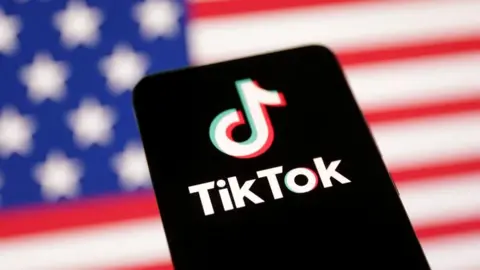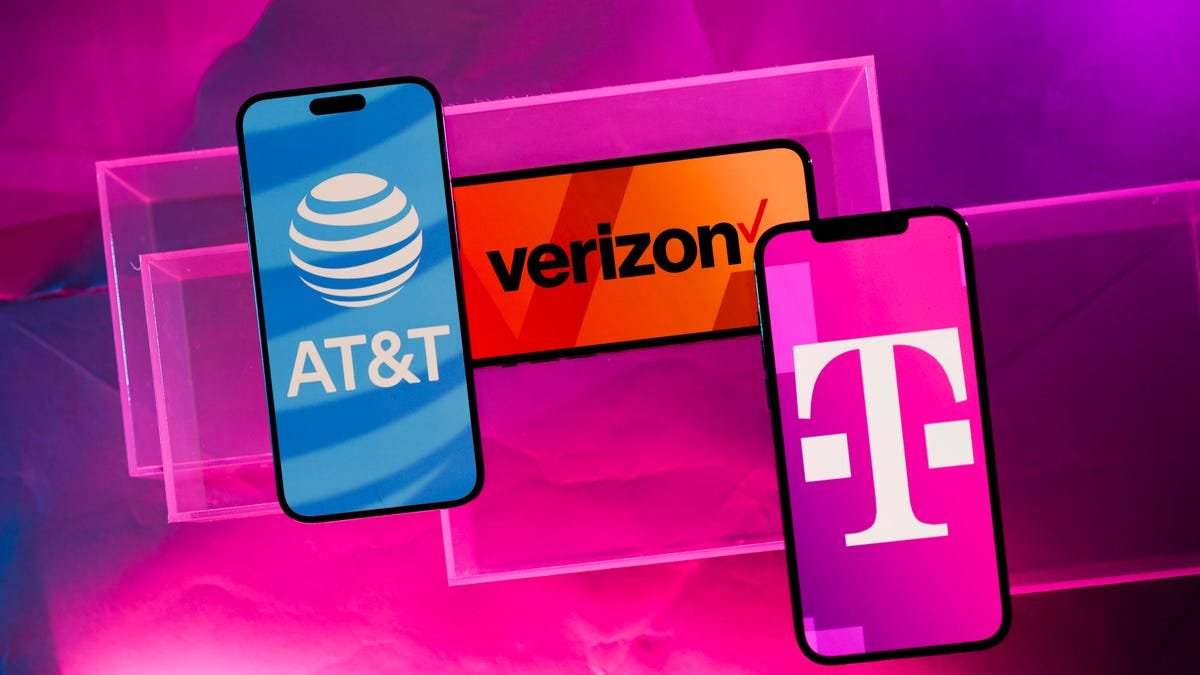
 Reuters
ReutersTikTok will appear before the U.S. Supreme Court on Friday in a last-ditch effort to overturn the ban in a case that tests the limits of national security and free speech.
The popular social media platform is challenging a law passed last year that would have given the company until January 19 to separate from its Chinese owners or be banned from the U.S. market.
The U.S. government has argued that if not sold, TikTok could be used by China as a tool for espionage and political manipulation.
But TikTok denied the claim, saying it had been unfairly targeted and that the measure violated the free speech rights of some 170 million U.S. users.
Lower courts sided with the administration, but the case was complicated last month when President-elect Donald Trump weighed in on the dispute and asked for a stay of the law to give him time to reach a deal.
Analysts said it was unclear what the Supreme Court would rule, but overturning an earlier ruling — even with the support of a future president — would be unusual.
“When true government interests conflict with true constitutional values, cases end up being very close,” Cardozo School of Law professor Saurabh Vishnubhakat said.
“But when it’s so close, governments tend to get the benefit of the doubt.”
The Supreme Court is likely to make a decision within days.
Last year, Congress passed laws targeting TikTok with support from both Democrats and Republicans. The moment marks the culmination of years of attention on the wildly popular platform, known for its viral videos and appeal among young people.
The legislation does not ban the use of the app, but would require tech giants such as Apple and Google to stop offering the app and ban updates, which analysts believe will kill the app over time.
TikTok has been banned from government devices in many countries, including the UK. It faces a more comprehensive ban in some countries, including India.
The United States considers TikTok a “serious” threat because the Chinese government could force its owner, ByteDance, to hand over user data or manipulate the content it displays to users to serve Chinese interests.
In a December decision upholding the law, three judges on the Court of Appeal noted China’s record of taking action through private companies and said the measure was justified and “in response to the well-documented state nature of the country’s constitution.” part of a broader effort to address security threats.”
TikTok has repeatedly denied any potential influence from the Chinese Communist Party and said the law violated users’ First Amendment rights to free speech.
It has asked the Supreme Court to strike down the law as unconstitutional or order a halt to its implementation to allow for a review of the legislation, which it said was based on “inaccurate, flawed and hypothetical information”.
Trump is set to take office the day after the law takes effect.
He had called for the app to be banned in the United States during his first term, but changed his tune during the campaign.
The brief filed by Trump’s lawyers late last month did not take a position on the legal dispute, but said the case presents “unprecedented, novel and difficult tensions between the free speech rights of one party and the foreign policy and national security concerns of the other.” Tensions”. other”.
According to the report, Trump won the election and “opposed the ban on TikTok” and “sought the ability to solve current problems through political means after taking office.”
The filing comes less than two weeks after Trump met with TikTok bosses at Mar-a-Lago.
One of the president-elect’s major donors, Sussekhana International’s Jeff Yass, is the company’s majority shareholder.
However, Trump’s nominee for secretary of state, Florida Sen. Marco Rubio, supports banning the platform.
Investors who have expressed interest in buying TikTok include Trump’s former Treasury Secretary Steven Mnuchin and former Los Angeles Dodgers owner Frank McCourt.
Attorney Peter Joe Harris, a member of the Washington-based think tank Foundation for Defense of Democracies, said it was difficult to predict what the conservative-majority court would do, noting that the foundation filed its own brief supporting the U.S. government’s case. Several recent court decisions have overturned long-standing precedent.
But he said that even if Trump were given the chance to try to reach a deal, he expected a ban would eventually come.
“I don’t think any president, including a future President Trump, can solve this problem in a way that is satisfactory to U.S. national security because I don’t think ByteDance would agree,” he said.
The prospect of TikTok losing its presence in the United States prompted an outcry from many users, some of whom filed legal proceedings last year.
They said in the filing that the decision to shut down TikTok “was made because the ideas on the platform might persuade Americans to believe one thing or another — even things that might be harmful to our democracy — that are inconsistent with the First Amendment The case is completely contrary to the case.”
Other groups involved in the dispute include the American Civil Liberties Union and the Freedom of the Press Foundation, which argue the United States has failed to provide “credible evidence of ongoing or imminent harm” caused by social media apps.
Joe Harris said the government has the right to take steps to defend itself, arguing that the fight is not “about speech” or “content,” but about the role of the Chinese government.
“This is about control and how the Chinese Communist Party and the broader Chinese government use many internet companies, particularly social media companies – including TikTok in particular – to achieve strategic goals,” he said.









